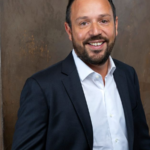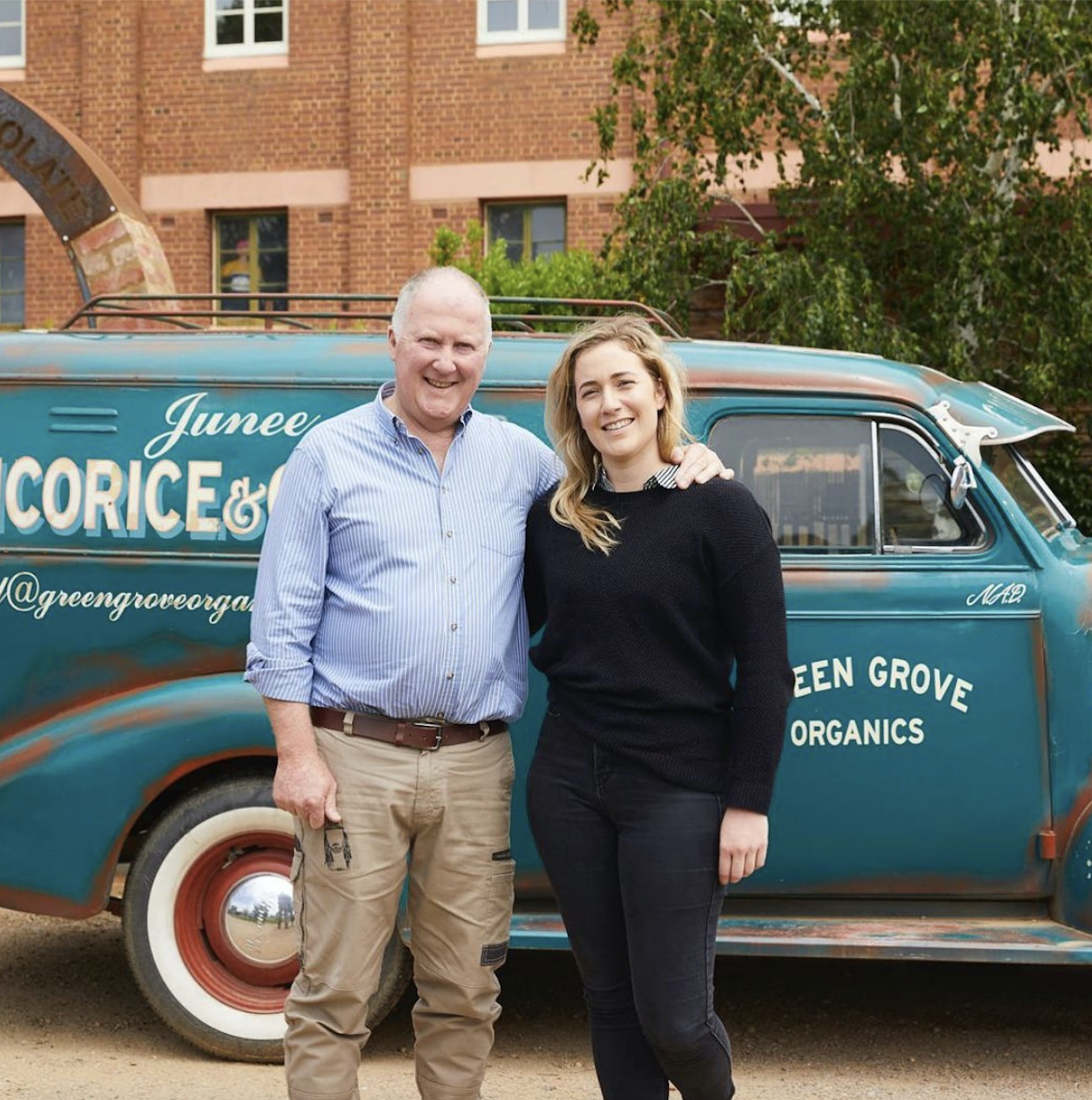Founders, RealVantage
Introduce yourselves, gentlemen
Mao: I have been in the start-up space since 2014 – building, scaling and angel investing in technology start-ups. My last start-up was in the peer to peer loan crowdfunding business where we deployed over a billion US dollars in loans to SMEs across south-east asia.
Before that, in the United States, I was in the quantitative equity trading space with Barclays Global, and subsequently a hedge fund in Chicago. I managed a long-short market-neutral equities portfolio which was optimized and rebalanced every half hour, automatically trading in many major exchanges.
Keith: I have been in the real estate fund management business for almost 2 decades now. A large part of my career was spent in ARA Asset Management where I was involved in real estate acquisitions in excess of USD2 billion on behalf of large institutions such as pension funds, sovereign funds and high net-worth clients. Australia, China, Malaysia are some of the countries that I have invested and across sectors from residential to commercial assets. Apart from investments, I was also involved in asset and portfolio management, responsible for managing and driving the performance of invested properties to meet the expected returns.
Walk us through how you started RealVantage.
Mao: The typical accredited individual investor does not have the same level of access and expertise in looking through and investing in commercial real estate as compared to the institutional investor.
RealVantage was conceived to level the playing field in commercial real estate investing and bring access to the underserved individual investors.
For individuals, investing in cross-border real estate opportunities, there are many pain points. RealVantage looks to solve these pain points and to make commercial real estate investing accessible and affordable to our investors.
Keith: RealVantage (RV) was conceived to provide investors with a smarter and better way to invest in Real Estate. Typically, I see many individual investors acquire apartments or houses when they invest in cross-border properties and I wonder if they are cognizant of the tax/regulatory implications and market conditions. So RealVantage aims to provide investors with better access to real estate opportunities that cut across jurisdiction and sectors, and through fractional ownership, we aim to provide better risk-adjusted returns.
Your tagline is, “A smarter way to invest in real estate.” I am curious. Tell us all about it.
Mao: We see this as a new up and coming way to invest in real estate. The traditional way of investing in an overseas asset would require an investor to hunt and search for real estate investment opportunities. Next, they would need to get familiar with the location, understand the city permits and codes; They would also have to work out the math on the asset and decide if the income expense projections make sense. Once comfortable they would have to negotiate with the counter-party, obtain senior financing, negotiate for interest rates, and look to close the deal. If the negotiation fails, they would have to start the process all over.
Subsequently, as part of due diligence, the investor would also have to look through rental agreements, financial statements, management accounts, legal sales purchase agreements, etc. And all these are just part of the acquisition process of an overseas real estate investor. Subsequently, after putting up the full amount of deposit, the next steps of managing an active asset begins – which involves tenant management, search/replacement of tenants, collecting rent, etc. I won’t elaborate more.
But truth be told, there is a whole lot of work and intricacies involved in each of the stages – from sourcing, acquisition, active management and exit.
At RealVantage we make it super easy for the real estate investor. Real estate opportunities that the team sources across the US, UK and AU are professionally assessed (our guys have been doing it for a living for institutional capital such as California pension, Texas teachers, etc). The opportunities that clear the high bar in terms of risk-adjusted returns, due diligence, etc – gets put up in front of an investment committee (IC). When the IC gives the approval, the asset memo is written up, detailed out, and put up on the platform, ready for funding.
RealVantage takes the hassle out of cross-border real estate investing and makes this whole process of investing in great real estate assets easily accessible to individual investors. Investors can shift gears towards thinking about the types of assets that should compose their ideal real estate portfolio instead of the nitty-gritty of the execution. Further, in terms of managing the asset, RealVantage takes away the hassles of the landlord from the investor – and fully handles the management of the asset – such that the investor would not need to worry about issues such as plumbing leaks, city code compliance, electrical outages, etc.
This is why we truly believe that RealVantage is a smarter and better way of real estate investing.
Keith: Firstly, RV provides deals from various countries and sectors that range from residential, industrial to commercial properties. Our deals are also categorized according to the risk involved – e.g. core deals provide investors with a stable yield while our opportunistic deals yield much higher returns but it also comes with the associated risks. Investors get to decide how they wish to craft their real estate portfolio and how much they wish to invest.
Gentlemen, let’s talk about fractional ownership.
Mao: The traditional method of owning real estate is either through sole/joint ownership with a spouse. Co-investing into an asset and taking up fractional ownership allows investors to be participating in a much larger deal and diversify the returns across multiple deals.
Keith: Fractional ownership is nothing new. Institutions that invest in real estate typically invest through a fund structure, which entails the pooling of investors together to partake in an investment opportunity. The concept allows investors to diversify their risk in an asset class that is typically very capital intensive. With technology to efficiently manage investors, we can provide investors with access to real estate ownership that they can’t access individually. e.g. investors get a co-owner of a shopping centre or office building, such properties are usually confined to very high net-worth individuals.
What are the key elements an investor need to know before putting in his / her money on a property?
Mao: Investors should understand how each real estate opportunity would be making its returns, and understand the risks around the opportunity. In RealVantage – this information are all transparently detailed in the opportunity screens.
Keith: Investors should be aware of the tax implications, regulatory requirements, market conditions and local practices in buying and selling properties in the country they are investing in. All these have wide-ranging financial implications and could affect their investment. For example, many are not aware that foreign owners of residential properties in Australia can only sell their properties to locals.
When we speak about buying properties, not all are investment – some can be liability. Perhaps you can tell us the thin line between it being an investment or otherwise.
Keith: Well, there are many aspects of real estate investment that one needs to pay close attention to avoid having it turn into a financial strain. Key aspects such as property management, tenant management, the timing of the market, changes to tax laws, economic conditions are areas that could impact the viability of a real estate investment.
Walk us through the state of global real estate at this point. In your opinion, is there anything missing in the industry?
Keith: Given the current pandemic, real estate prices in many markets have not yet adjusted to the new economic conditions. The slowdown in the global economy will have an impact on the real estate prices and many investors should be aware of this when they look at an opportunity.
Amidst this pandemic, there are some areas in the world having a property boom. One of those places is one that you specialise in – the UK. How is this possible?
Keith: Yes, there are shifts in the demand for real estate since the pandemic started. For example, many are working from homes and this has caused demand for properties in outlying areas to improve. On the commercial front, we see robust growth in logistics properties as pandemic has created a big surge in online shopping.
Gentlemen, tell us – what can we expect of the real estate investment, post-COVID
Mao: The pandemic has caused clear market dislocations across real estate sectors. In particular, we see several sectors that have been hit badly such as retail, hospitality, hotels. Sectors that have held strong during this COVID period for example are logistics and data-centers.
Keith: We believe there will be a repricing of real estate with the slowdown in economies most affected by the pandemic. Real estate prices in some jurisdictions have outpaced wage growth and economic fundamentals and this pandemic will cause prices to come off. That in itself provides good buying opportunities,
Where are the best places to invest in property now?
Mao: It really depends on one’s own risk appetite and investment horizons. Personally, I see that for long term value seekers, hospitality and retail would mean-revert back to pre-COVID levels after the pandemic fades away. For stable growth, the logistics and residential sectors should be an essential component in a real estate investors portfolio.
Keith: We believe Australia, UK and US will continue to provide good risk-adjusted returns. These countries continue to offer strong real estate fundamentals – in terms of liquidity, demand and supply dynamics and depth of market. As these countries emerge from the pandemic, their strong economic drivers will propel their real estate markets.
What do you hope to achieve with RealVantage?
Mao: We look to level the playing field with commercial real estate investing. Institutional level assets/investment expertise / due diligence can be unlocked and made accessible to the man in the street. One can now easily gain access to compelling overseas real estate opportunities (such as office buildings in the UK, multi-family assets in the USA, petrol stations in AU) with just the click of buttons.
RealVantage makes investing in cross-border real estate opportunities so much easier for anybody.
Keith: We aim to provide investors with a compelling alternative real estate investment option, backed by sound analysis and research and assets which are fully managed by professionals. Through our online platform, investors will have full oversight of the performance of the investments and greater control over the make-up of their real estate portfolio.
How can Fab! Luxe readers get in touch with you?
Mao: Feel free to reach out over LinkedIn / drop us an email – happy to chat and look to improve our product and offerings!
Keith: Please sign up on our platform at www.realvantage.co and we’ll be in touch with you shortly.








